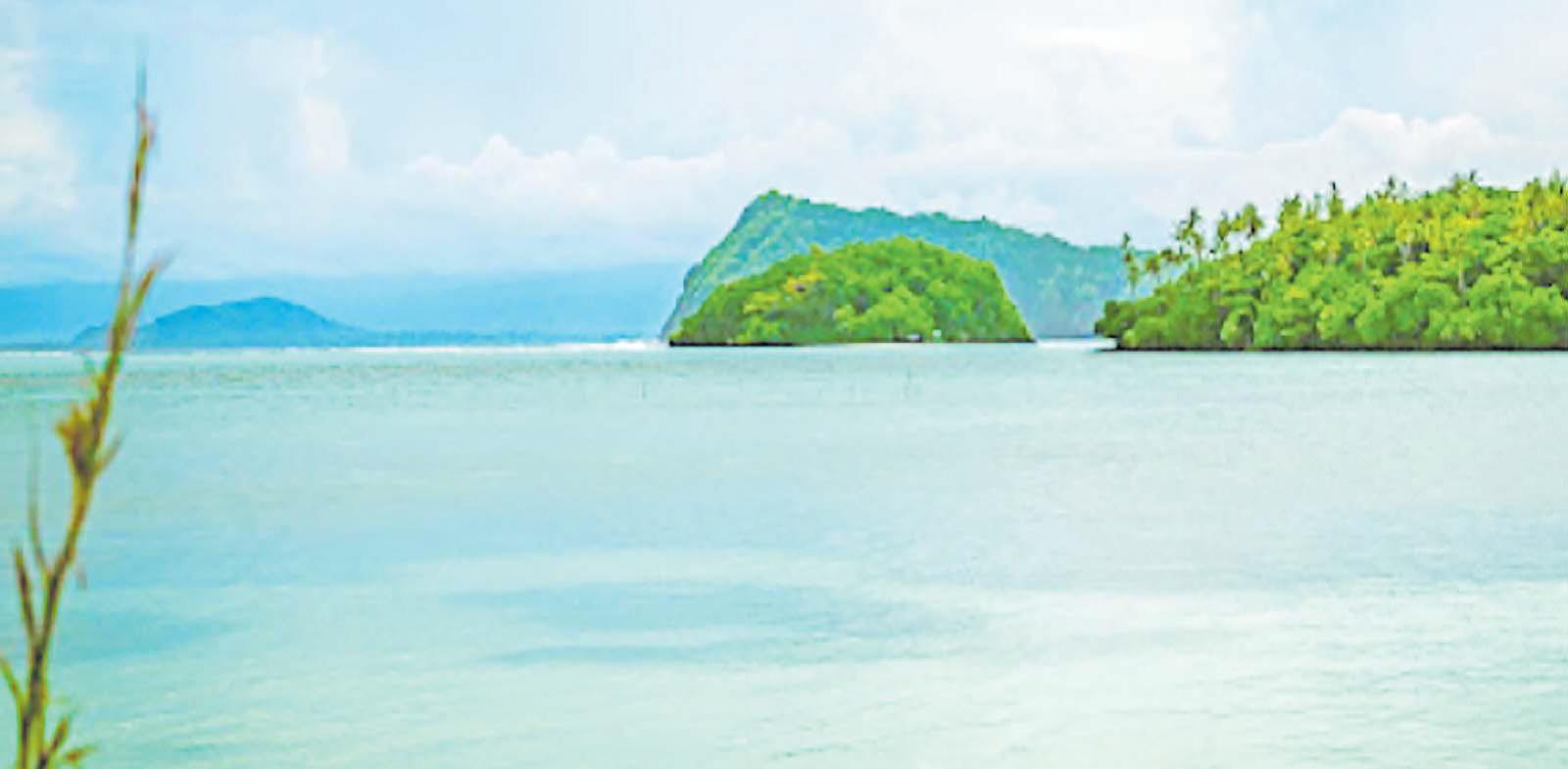Fiji’s links to Samoa and Tonga are perhaps best displayed by infl uences in architecture and handicraft.
These have withstood the test of time and proved that Pacifi c ancestors were great and gifted craftsmen.
The Lemaki clan, who live on Lakeba, Kabara and other parts of Fiji, said they have links to the island of Manono in Samoa.
In an effort to retain these great craftsmen within these localities, members of the clan were married to chieftains and bestowed special favours.
Through these intermarriages, relations were established which united communities of Tonga, Fiji and Samoa.
Due to their unique architectural style, the Lemaki clan’s fame had travelled across the seas between Samoa, Tonga and Fiji.
Almost like the mystical Freemasons, the clan travelled the seas and established themselves as craftsmen of renown in the three kingdoms.
Through their craft, they were greatly favoured by chieftains of the three countries.
They were held in very high regard and imbued titles by rulers and one such example was the Tui La’epa title in Samoa which is said to originate from the Tui Lakeba in the Lau Group or Lakepa titles from Tonga and Fiji.
Located between the islands of Savai’i and Upolu, the island of Manono is said to hold the burial grounds of the Tui La’epa family with the name Manono holding proof of the bloody battles that ensued between the Samoans and Fijians who were led by the Tui Lautala or Laucala in Qamea, Cakaudrove, who were said to originate from Rewa as they bore the name of their place of origin.
In stories passed down through the ages, a Fijian chief known as the Tui Lautala, and his fl eet of Fijians and Tongans invaded Manono Island and in that war, the Fijians invaders slaughtered many locals on the island in their attempt to gain a foothold in Samoa.
Ultimately the Fijian chief, Tui Lautala, and his warriors were defeated by the Samoan chief Tupa’imatuna and oral history has it that the famous Samoan chief Saumaniafaese came to the rescue of Tupa’imatuna by casting a net between Manono and Savai’i islands which stranded the Fijian Tui Lautala and his men who were either slain or captured, thus ending the war.
Traditional historical oral sources in Samoa hold that the genetic stock of the people of Manono Island is a mixture of Tongan, Samoan and Fijian. Fijian and Samoan links were also found in the Lemaki clan from Manono Island while the Lemaki were a clan of master canoe (vaka) builders known as the tufunga fouvaka (originators or builders of the vaka) who were taken to Fiji (Lau) by the Tongans to build the drua (Fijian) or kalia (Tongan).
While arriving in Fiji, the Lemaki clan settled on the island of Kabara in Lau, which was favoured because of the many vesi trees that grew there.
To this day, the descendants of the Lemaki clan can still be found on Kabara where they are referred to as the yavusa Lemaki because of their ancient links to Fijians and Tongans. Manono Island is also known in Samoa as Aiga-i-le-Tai, meaning family or people of the sea.
The Fijian and Tongan connection or alliance between the islands and people of Manono and the Tui Kanokupolu chiefs of Tonga (current King of Tonga) dates back to Tohu’ia Limapo, a Samoan princess who was the daughter of the Samoan chief, Ama, from the village of Safata.
Limapo married the 6th Tui Ha’a Katakalaua, who was the ruler of Tonga at the time around the year 1610. She bore him a son who they named Ngata who became the founder of the Tui Kanokupolu line from which the current king of Tonga descends.
The fi rst Tui Kanokupolu Ngata (son of the sixth Tui Ha’atakalaua and Samoan princess Tohu’ia Limapo) had a daughter named Fetunu who married a Fijian chief, while their son took the title of Tui Soso who retains a special place in the current Tongan royal lineage to this day.
In his writing Lemaki, Traditional Builders, Cicia native Niumaia Gucake said in Fiji, the builders’ clan were divided in two: carpenters and boat builders.
Both played an important role throughout the historical journeys of their people.
Referring to the local lore of his people, Mr Gucake revealed that the clan’s presence in Lau originated from the sea adventure of two Samoan brothers who ended up in Tonga.
“It so happened that they came across a sailing boat competition in which the King of Tonga had also competed, but had never won,” he said.
“The adjustment made on the sailing boat by the brothers led to a win for the king’s boat. As a reward, they were confirmed into the KKing’s circle.
“One of their fi rst missions after that was to accompany the King’s herald to the chief of Lau in the Fiji group to request a new sailing boat.
“The boat was constructed at Kabara because of the vesi forests that exist there.
“The King of Lau was so impressed with the craftsmanship of the two that he requested the King of Tonga for the brothers to remain in Lau and build a boat for him. Their descendants have been in Fiji ever since.”
Mr Gucake said after a bure (traditional Fijian house) building competition with the Jafau clan of Kabara, witnessed by the King of Lau, he decided that the Jafau clan would be his traditional boat builders while the Lemaki were to be his carpenters.
“The decision of the King of Lau to swap the roles of the two clans was based on the criticisms of one of the brothers of Jafau’s bure that some of its structures were incomplete and not worthy of a king.”


